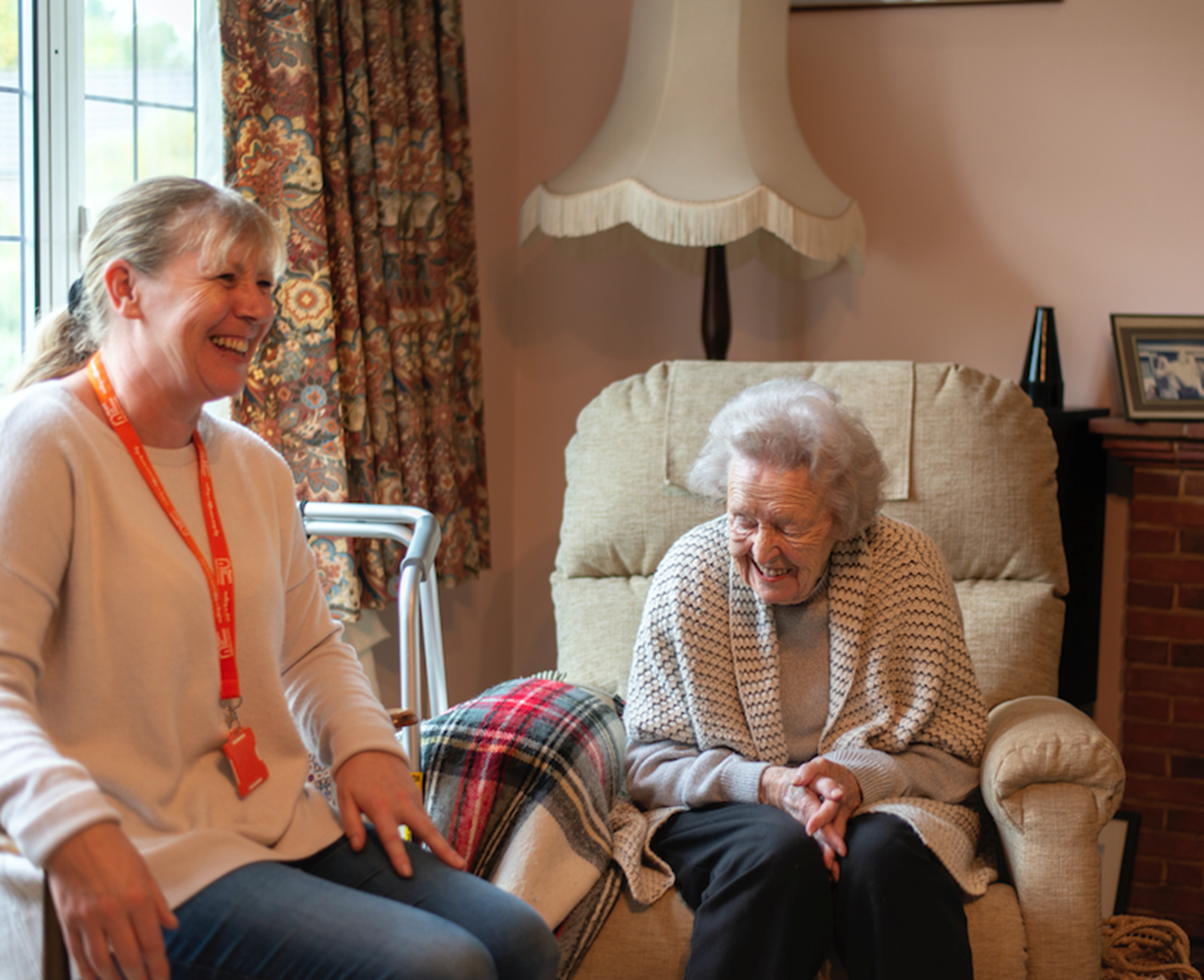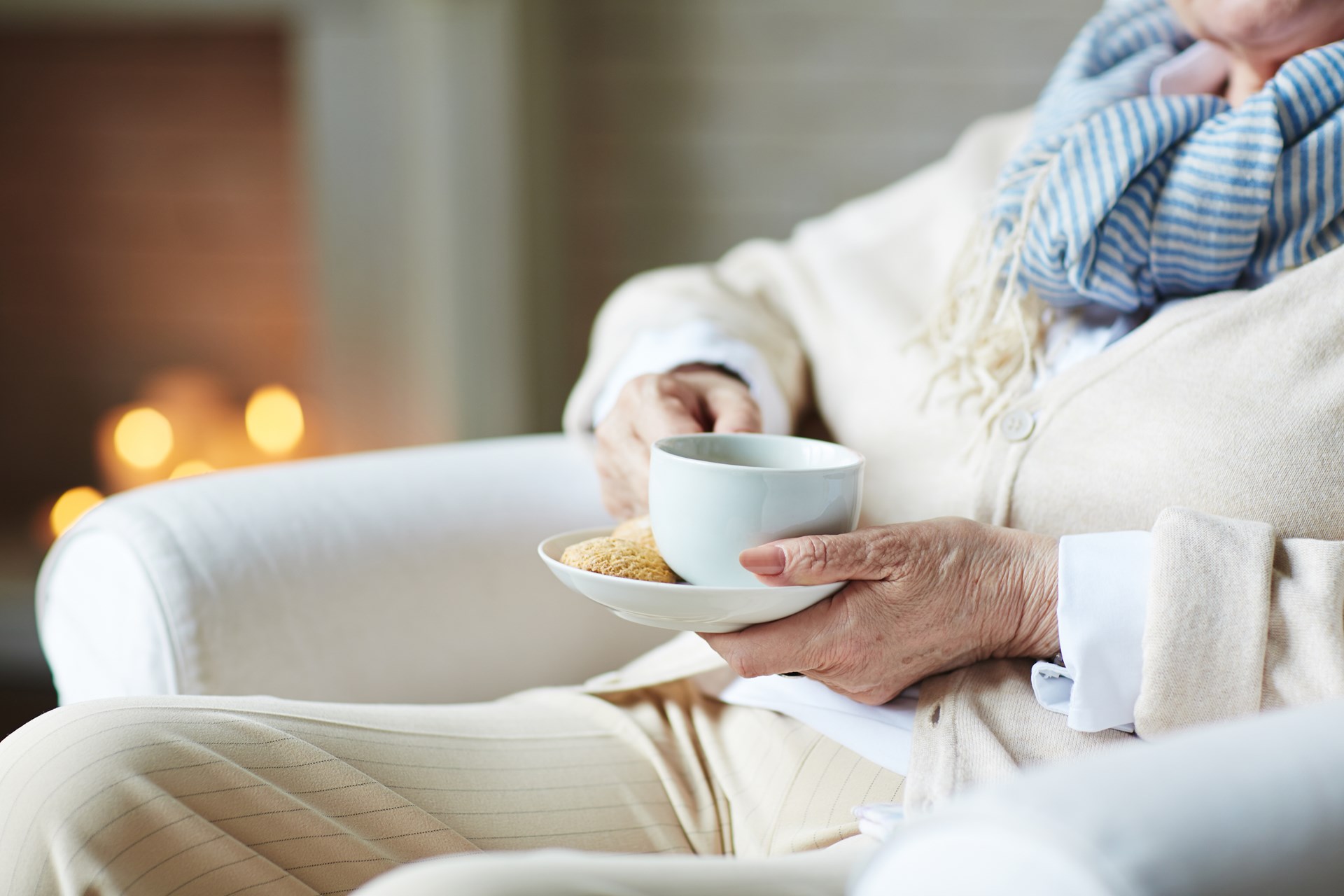
Essential Winter Safety Tips for Seniors: Staying Warm, Healthy, and Secure
Published: 20/12/2024
Cold weather can be more than just uncomfortable—it’s a health risk for those with reduced mobility. As we age, our ability to regulate body temperature decreases, making it easier to develop hypothermia and other cold-related illnesses. Additionally, icy sidewalks and shorter daylight hours can increase the risk of falls and isolation. By staying vigilant, seniors and caregivers can help minimise these risks and stay safe through the season.
Keep the Home Warm and Comfortable
- Maintain a Safe Temperature: Keep indoor temperatures at 18°C (64°F) or above, especially in main living areas.
- Insulate Properly: Use draft stoppers, rugs, and thick curtains to prevent cold air from entering. Close off unused rooms to save heat.
- Use Heaters Safely: Portable heaters are helpful but require caution. Follow safety guidelines, keep heaters clear of flammable items, and never leave them unattended.
Dress in Layers
- Wear Multiple Layers: Thin layers trap heat more effectively than one thick layer. Indoors, keep a cozy sweater nearby.
- Outdoor Essentials: If going outside, wear a hat, scarf, and gloves. Indoors, thermal socks and slippers with grip can help keep feet warm and prevent slips.
- Warm Bedding: Use extra blankets or a winter-weight duvet. Electric blankets and hot water bottles can add warmth but should be used with care.
Stay Active
- Move Regularly: Moving every hour can help maintain circulation and body warmth.
- Indoor Exercise Options: If outdoor activities aren’t feasible, consider gentle stretching, or try local senior centres for indoor activities.
Eat Well and Stay Hydrated
- Eat Warming Foods: Soups, stews, and hot drinks can help maintain body temperature. Try to have at least one hot meal daily.
- Keep a Stock of Basics: Ensure essential items are available in case of severe weather. Staying hydrated is also important, while alcohol, which can lower body temperature, should be limited.
Plan Ahead and Prepare for Emergencies
- Stock Essentials: Keep medications, cold remedies, and other essentials handy in case of snow or power cuts.
- Emergency Numbers: Note emergency contact numbers, including the power outage hotline (105 in the UK), and keep a flashlight nearby.
Be Cautious Outside
- Avoid Slips: Wear shoes with non-slip soles, carry salt or sand to use on icy surfaces, and ask neighbours or family for help with snow clearing.
- Winter-Ready Car: If driving, ensure your car is serviced, and pack emergency supplies like blankets, a flashlight, and a windshield scraper.
Stay Connected
- Check on Each Other: Make time to call or visit friends, neighbours, or family members, especially those who may be isolated. A simple check-in can help prevent loneliness and ensure safety.
With these tips, seniors can reduce the risks of cold weather and enjoy a safer, warmer winter season. Simple steps in home preparation, personal care, and staying connected can make a significant difference in maintaining comfort and well-being all winter long.


